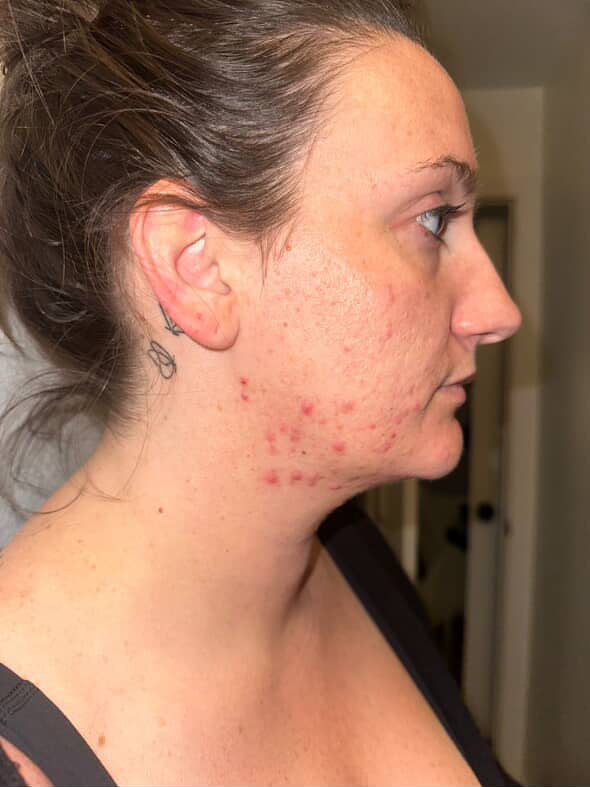
Chemical vs Physical Sunscreen: What’s the Difference (and Which One Should You Use)?
Let’s break it down, sun seeker.
We all know sunscreen is non-negotiable (especially if you're chasing the sun on the Gold Coast), but not all SPF is created equal. The two main types — chemical and physical (aka mineral) — work differently, feel different on the skin, and suit different skin needs. Here's everything you need to know before choosing your glow-guard.
What is Chemical Sunscreen?
Chemical sunscreens absorb into the skin and work by absorbing UV rays, converting them into heat, and releasing that heat from the skin.
Common ingredients: avobenzone, octinoxate, oxybenzone, homosalate
Pros:
-
Lightweight and easy to blend — no white cast
-
Great under makeup
-
Often water- and sweat-resistant
Consider if: You want a silky, invisible finish and don’t have overly sensitive skin.
What is Physical (Mineral) Sunscreen?
Physical sunscreens sit on top of the skin and act like a shield, physically reflecting UV rays away from your face.
Common ingredients: zinc oxide, titanium dioxide
Pros:
-
Immediately effective — no wait time
-
Less likely to irritate sensitive or acne-prone skin
-
Often reef-safe and better for the environment
Consider if: You have reactive skin, love a natural formula, or want something gentle enough for daily use.
Which One is Better?
Honestly? It depends on your skin goals and your lifestyle.
Here’s the quick guide:
| Skin Type | Best Bet |
|---|---|
| Sensitive, acne-prone, or post-treatment | Physical (mineral) |
| Darker skin tones or makeup wearers | Chemical |
| Kids and babies | Physical |
| Surfers, swimmers, beach runners | Either — but make sure it’s water-resistant and SPF 50+ |
Can You Use Both?
Absolutely. Some formulas even combine physical + chemical filters to get the best of both worlds — broad spectrum protection, minimal white cast, and extra staying power.
Sunshe’s Take
We’re all about protecting skin and oceans and would always recommend using a physical sunscreen product if your skin can tolerate it. If not, go for SPF 50+ facial sunscreen, and don't forget your big hat and sunnies. Yes, even for school pick up, hanging out the washing or rushing down for a quick dip.
And keep your eyes peeled for our next product release, we've got some big ideas in store for a daily SPF that doesn't feel like a chore to wear.
Bottom line? Choose the SPF you’ll actually wear, every single day.
(And yes, every day includes cloudy ones too.)
